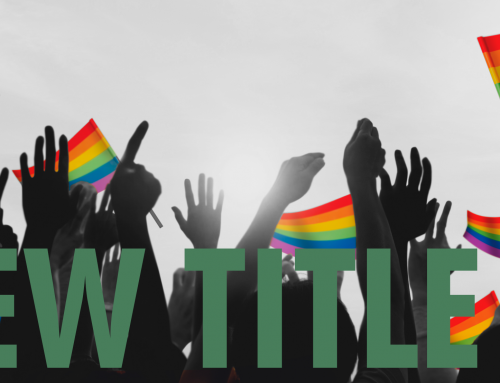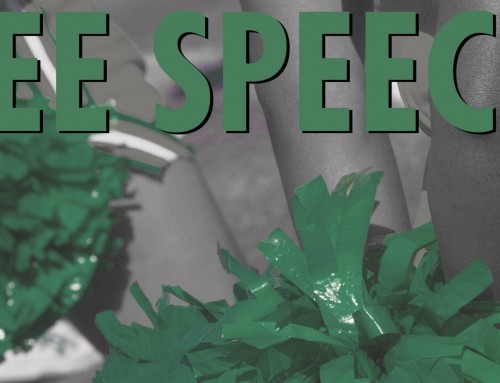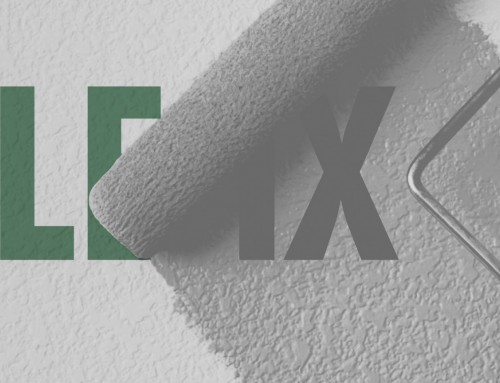Winter Holiday
With the holidays just around the corner, many schools will be gearing up for holiday parties and other related activities. Following these tips will help to ensure a fun, educational holiday experience for staff, students, and parents alike:
Student Religious Messages & Literature
School district employees may only restrict private, personal expression to the extent it would materially and substantially interfere with the requirements of appropriate discipline in the operation of the school, or impinge upon the rights of other students. Additionally, any restrictions on student speech must be viewpoint neutral. In essence, schools must allow students to distribute religious materials or messages to the same extent it allows students to distribute secular materials. Texas state law also permits students and employees to offer traditional greetings regarding traditional winter celebrations, including “Merry Christmas, Happy Hanukkah, and happy holidays.”
Board policies FNAA (LEGAL) and FNAA (LOCAL) outline the parameters of the distribution of non-school literature applicable to students in your district, including permissible restrictions on content, and when pre-approval is required.
Holiday Decorations
School districts may display on school property scenes or symbols associated with traditional winter celebrations, including a menorah or a Christmas image such as a nativity scene or Christmas tree, if the display includes a scene or symbol of more than one religion, or one religion and at least one secular scene or symbol. However, a display relating to a traditional winter celebration may not include a message that encourages adherence to a particular religious belief. Remember, the walls and bulletin boards of a school are for curricular purposes. Thus, a district usually has authority to control what teachers can and cannot put up as decoration.
Winter Holiday Curriculum & Religious Music
School districts may educate students about the history of traditional winter celebrations, but any instruction should remain neutral and objective. Teachers should not use winter celebrations or instructional time regarding the history of such celebrations as an opportunity to promote their own religious beliefs to students. Moreover, districts should not appear to advance, coerce, or endorse a particular religion. Additionally, districts must not appear to promote religion over non-religion, or vice versa.
School districts may incorporate religious music, literature, or other forms of religious art when plausible secular reasons exist for doing so, such as teaching a religious choral composition because it helps teach useful vocal skills. In other words, any religious music or art should be included in the curriculum because of its utility as a learning experience. Additionally, students are free to create art, music, and other projects with religious themes to the same extent they are permitted to create these projects with secular themes.
Be Aware
Interest groups frequently initiate “test cases” during the holiday season in order to challenge a district’s response to a first amendment issue. These “test cases” intentionally put school teachers and administrators in difficult situations with the hope that their reaction will result in a federal lawsuit related to the interest group’s cause du jour. To avoid being the subject of a “test case,” make sure your teachers and staff have been trained to follow district policy. When presented with a difficult question, an immediate reaction or answer is not usually required; the school official should take time to consult district policy and ask a supervisor or school attorney for help.
This article should not be construed as legal advice related to any specific facts or circumstances. Although this article covers legal subjects, it is intended to educate readers about school law topics and not to provide advice that will be the basis for action or inaction in any specific circumstance. Viewing these materials does not create an attorney-client relationship between Abernathy, Roeder, Boyd & Hullett, P.C. and the reader or the reader’s institution. For circumstance-specific legal advice, please directly contact a licensed attorney.






Leave A Comment